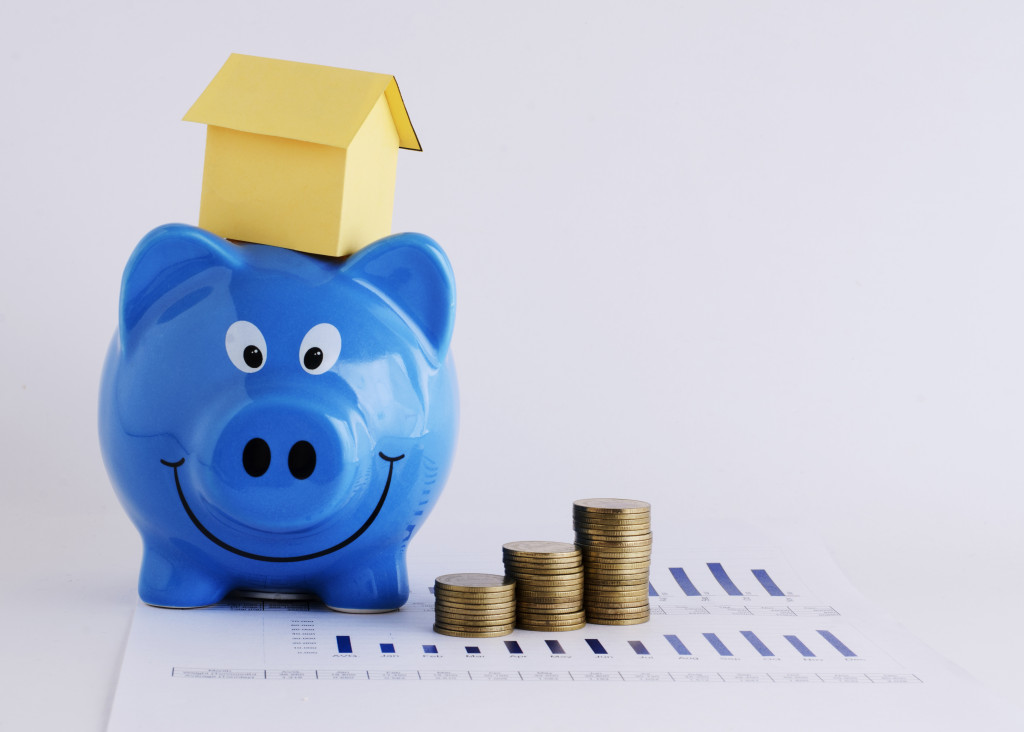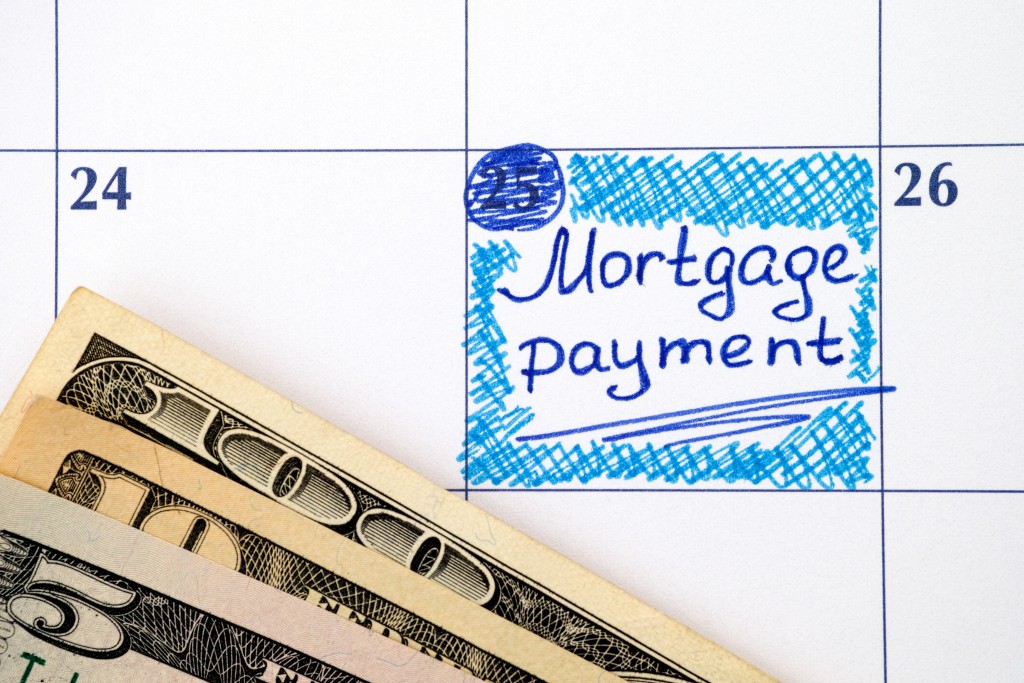The world is still on pause as governments and medical communities strive to control the COVID-19 pandemic. As a precaution, everyone is encouraged to stay-at-home, which is why plenty of homeowners have found themselves unemployed, if not completely out of a job.
While unemployment may be a temporary situation for some, there are still bills that require payment — including the mortgage. How can unemployed homeowners pay for their home?
According to trusted mortgage brokers, one option is mortgage forbearance.
Understanding Mortgage Forbearance
Mortgage forbearance is the agreement made between a delinquent borrower and their mortgage lender in which the latter agrees to not exercise their right to foreclose on a mortgage. The borrower, on the other hand, agrees to a mortgage plan that will bring the borrowers current on their payments.
In essence, forbearance helps homeowners suffering from temporary economic hardships to weather the storm. It defers any penalty against the homeowner while the homeowner works out a plan with their mortgage lender to help them recover from their financial setback and catch up on late payments.
The COVID-19 pandemic has highlighted this option among numerous lenders. Fannie Mae and Freddie Mac, for example, have offered forbearance options as a response to the crisis.

What Does Forbearance Involve?
Mortgage forbearance is not the same as “debt forgiveness.” Homeowners must still pay back the full amount that they owe to the lender. In light of the pandemic’s adverse impact on the economy, however, the lender agrees to extend their payment plan, which could last up to 12 months.
Think of it this way: the lender agrees to temporarily suspend the homeowner’s mortgage payment for six months. During that period, the amount of the homeowner’s payment that will be suspended will continue to increase. At the end of the six-month forbearance period, the homeowner is held accountable for paying back the difference to their lender PLUS their regular monthly payments.
Since the homeowner will not have enough money to repay the amount in one big lump sum, the lender will allow them to repay within their six-month period. Once the forbearance period ends, the homeowner should pay the regular amount, plus another amount that covers the suspended payment, as well as interests occurred over the six-month time frame.
Is Mortgage Forbearance the Best for You?
Forbearance is ideal for homeowners experiencing short-term financial hardship. Still, there are other options you might want to consider, such as:
- Loan modification. This enables homeowners to pay lower monthly premiums over an extended time period.
- Voluntary foreclosure. You can walk away from a home loan by giving up your home.
- A short sale. A lender allows you to sell your home for less than the remaining amount of the mortgage.
While you have plenty of options at hand, you need not make a hasty decision. If you are a homeowner experiencing financial difficulties, whether related to the pandemic or not, reach out to an experienced loan officer or broker to discuss your options, including mortgage forbearance.
